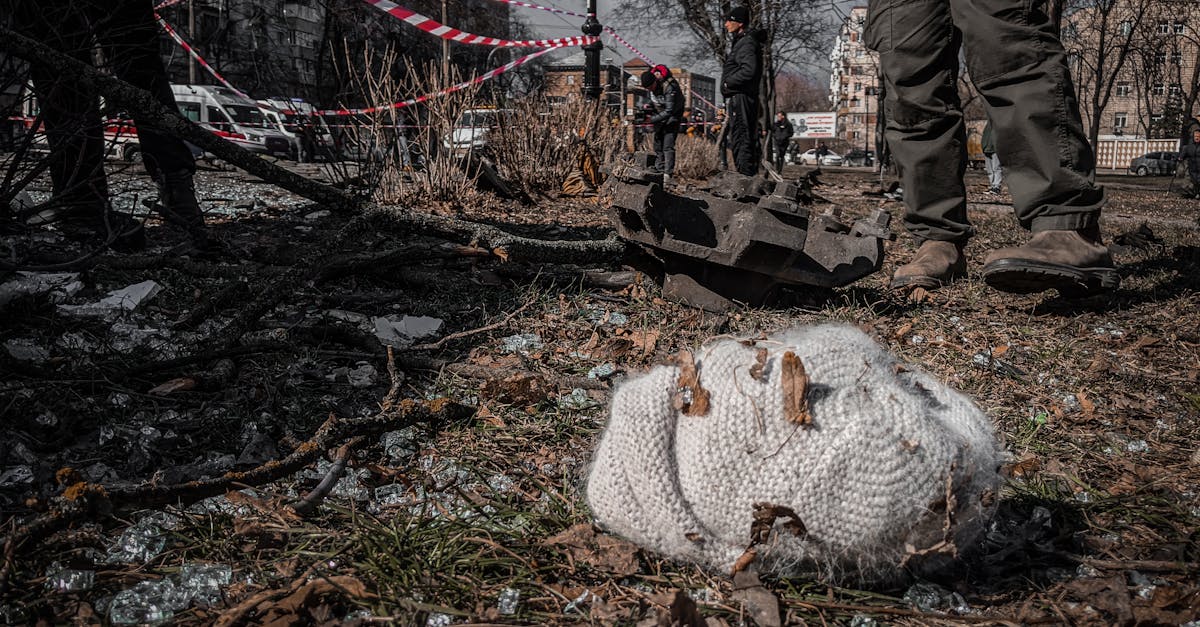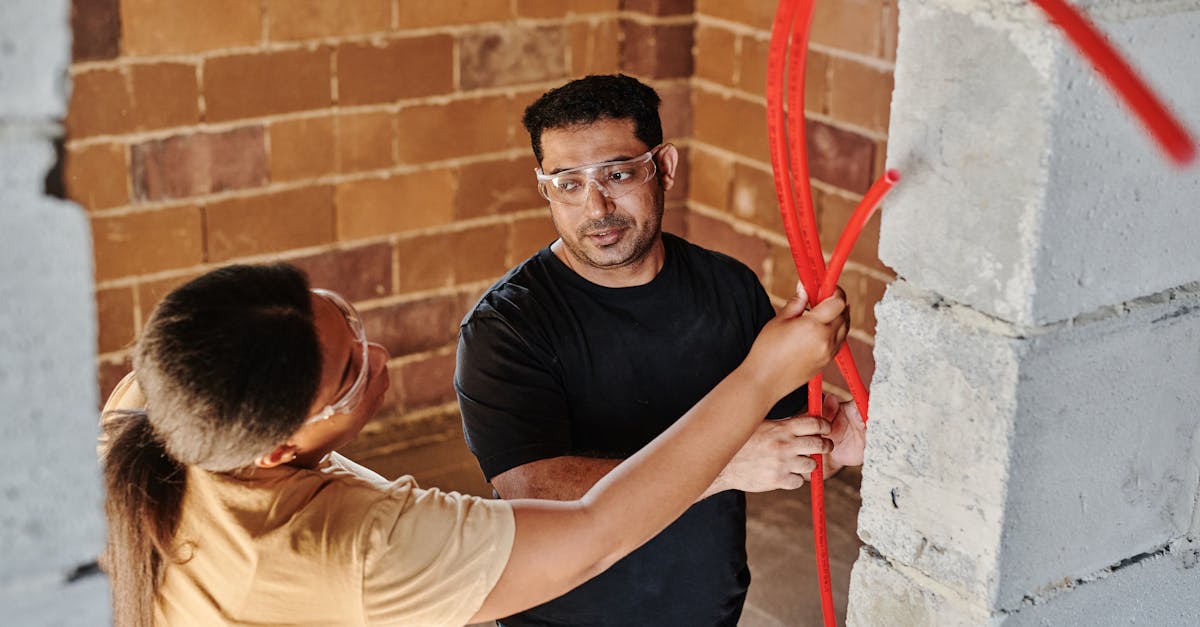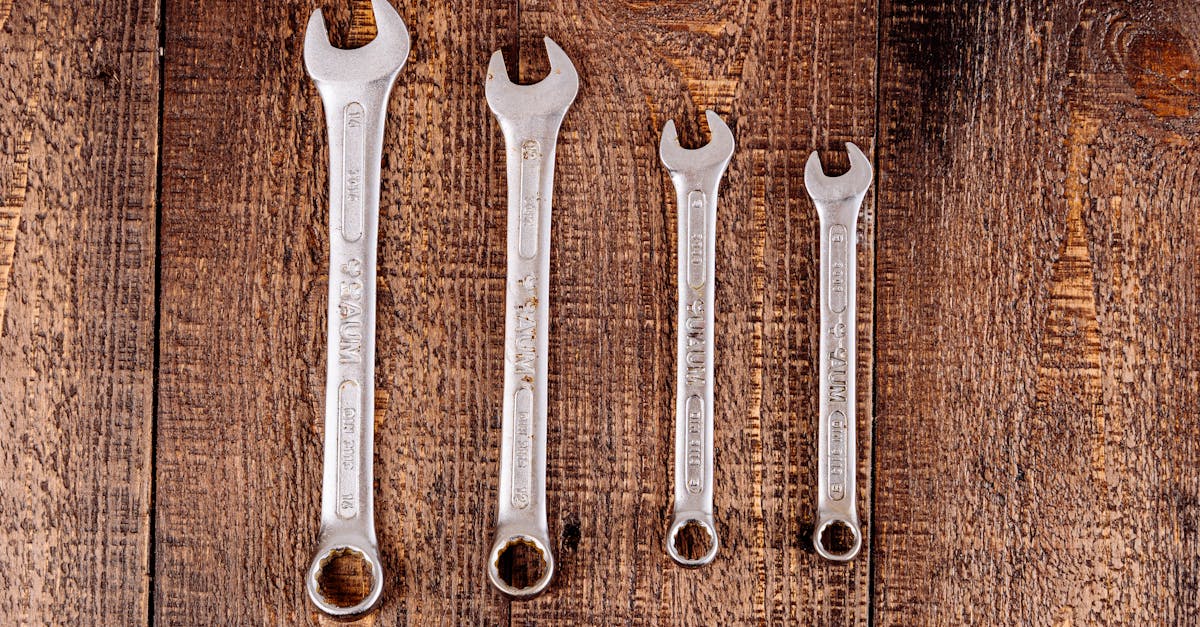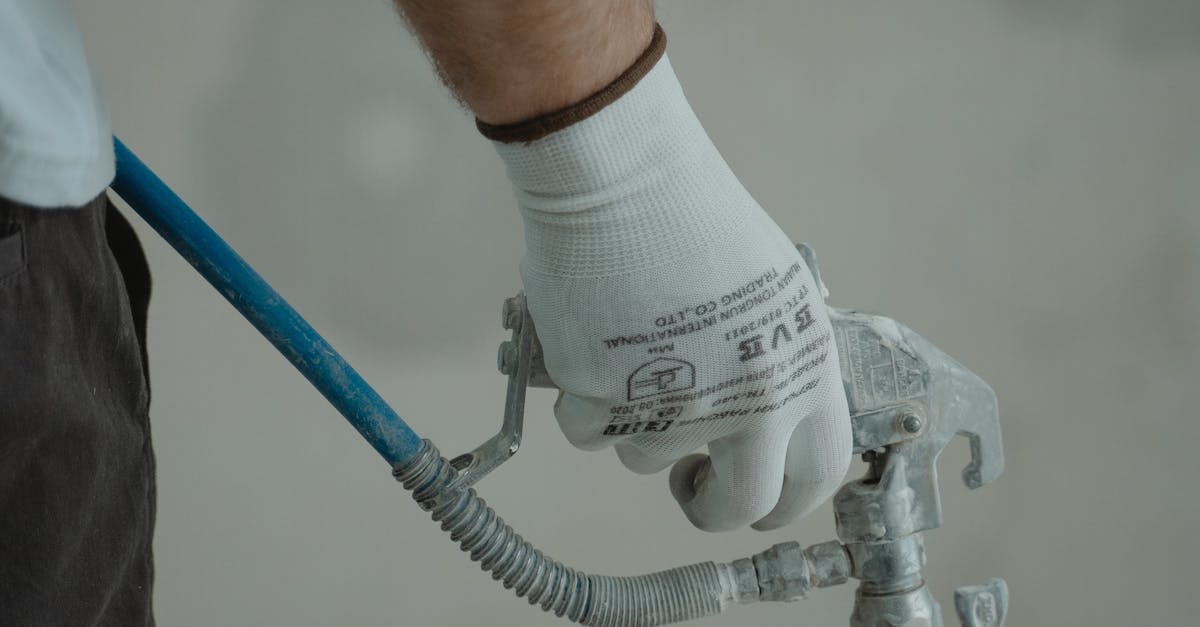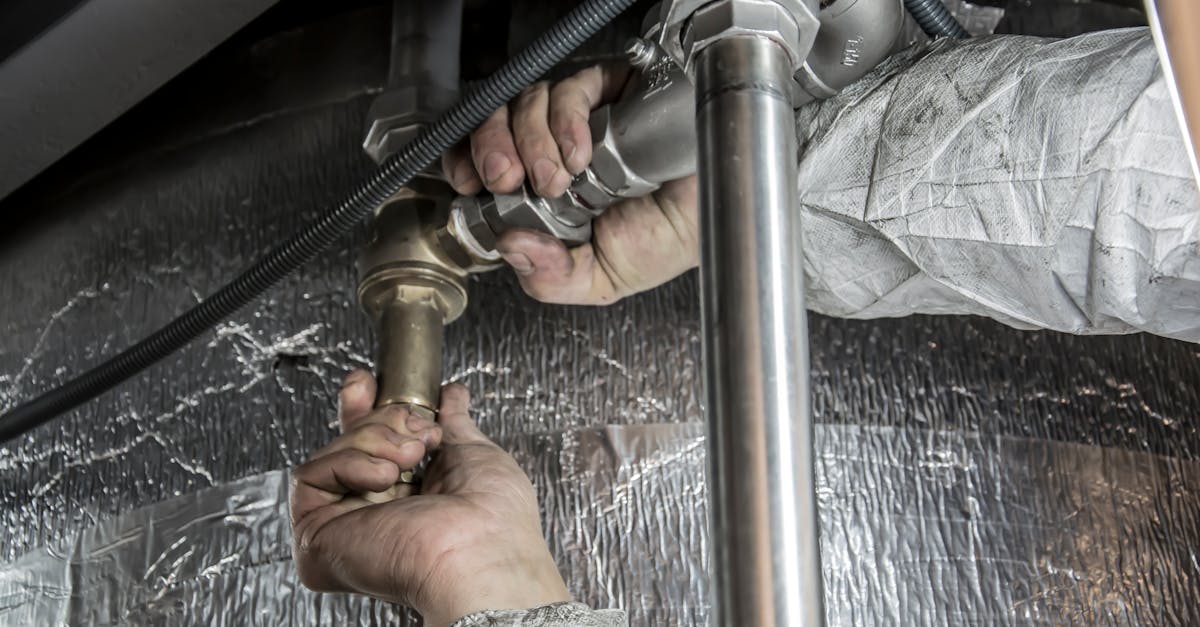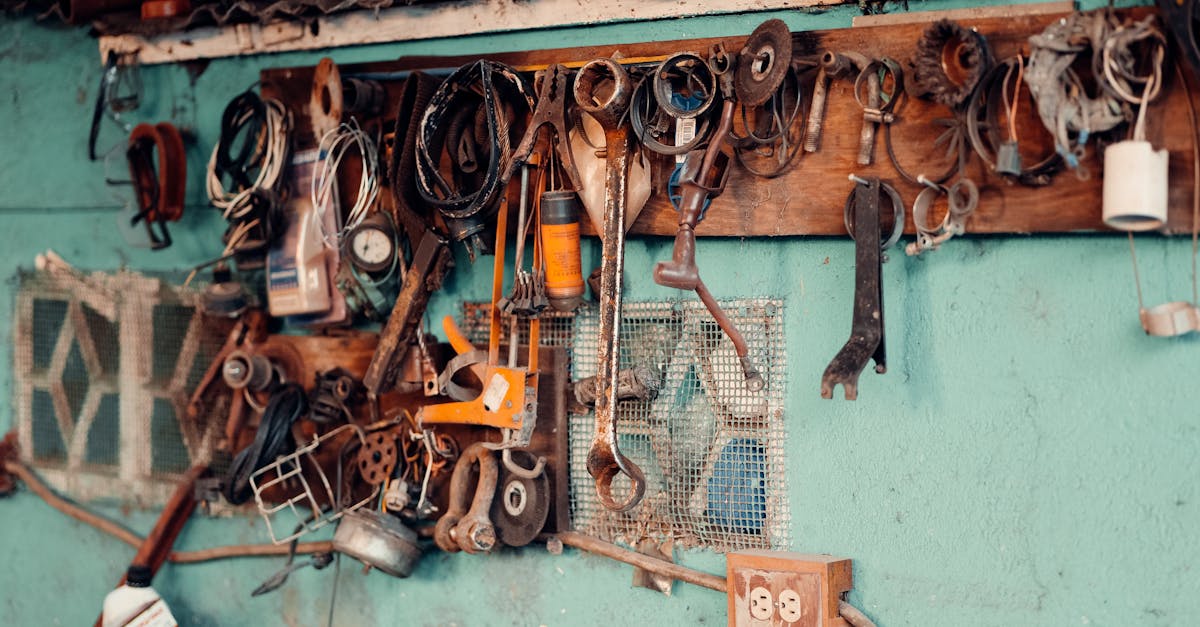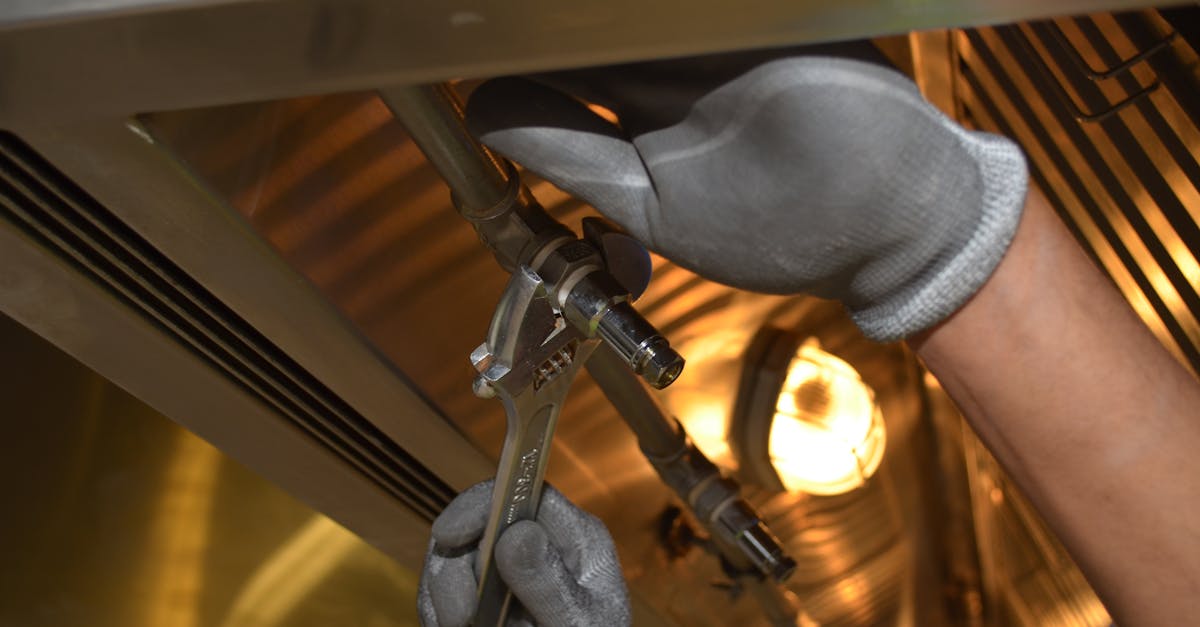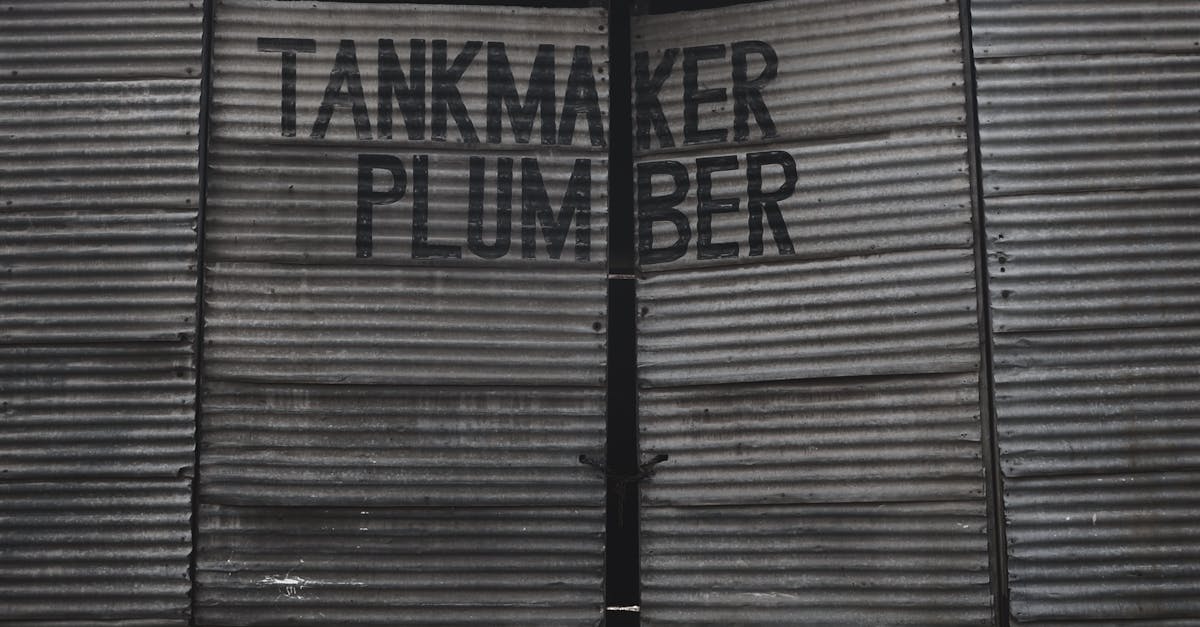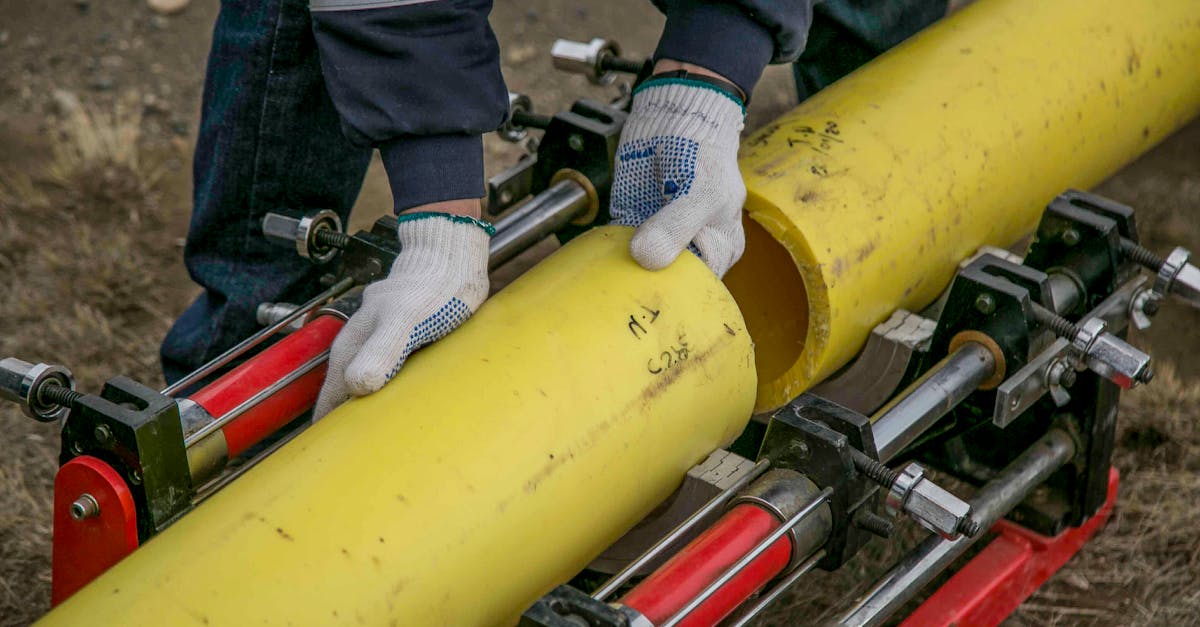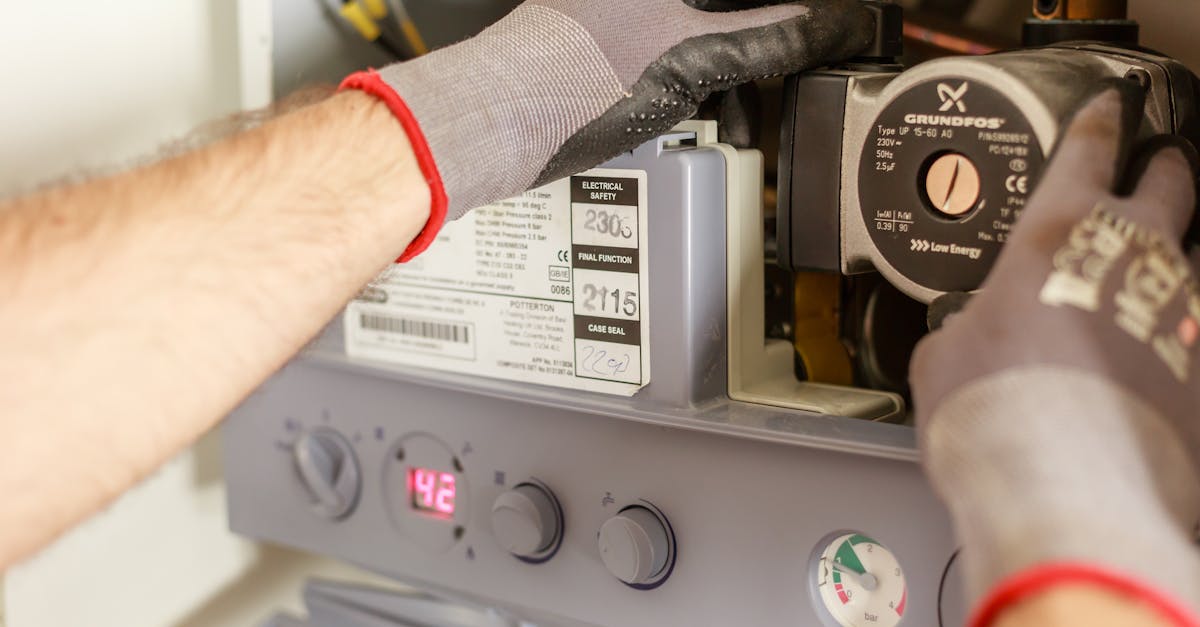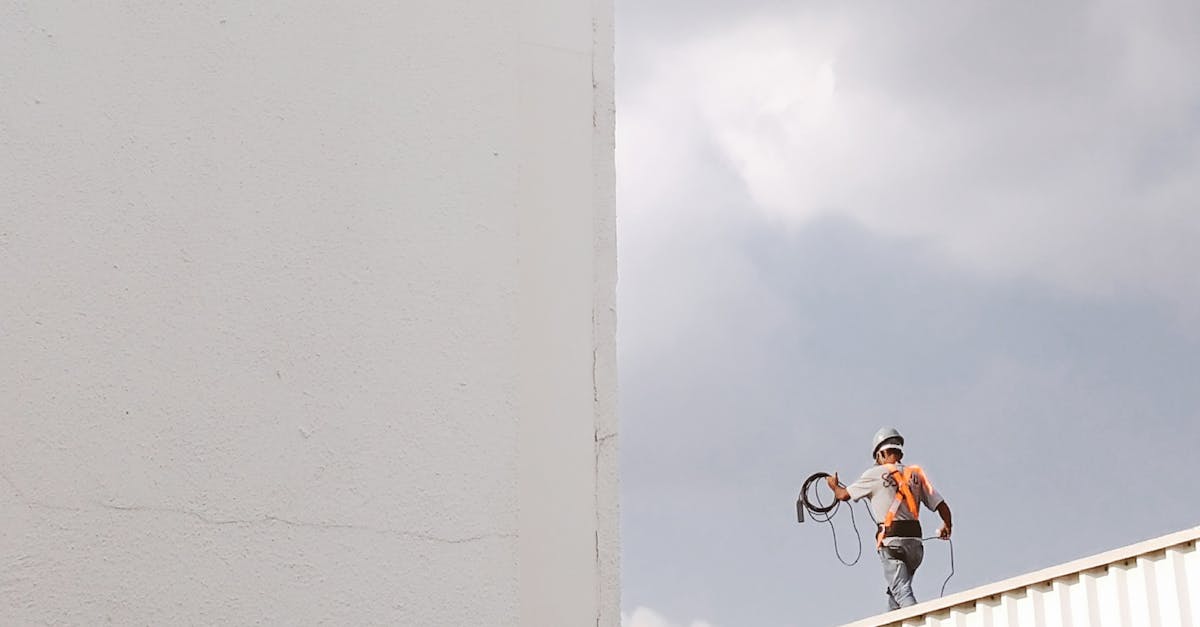
Table Of Contents
Determining Fault and Liability
When water damage occurs in a strata property, determining fault and liability can be a complex process. Typically, the focus lies on identifying the source of the leak or water intrusion. If a plumbing issue led to the damage, the responsibility may fall on the strata management or the owner of the unit where the problem originated. Engaging a strata plumber can help clarify the extent of the damage and pinpoint the cause, facilitating a clearer assessment of who should bear the costs.
Moreover, the specific rules outlined in the strata scheme play a significant role in establishing liability. Each strata property operates under its own set of bylaws and regulations, which dictate the responsibilities of both owners and the management. These rules often detail how maintenance is handled and who is accountable for repairs in case of water damage. Consulting these regulations alongside professional input from a strata plumber can help residents understand their rights and obligations in such situations.
Factors Influencing Responsibility
In strata living, the assignment of responsibility for water damage often hinges on several factors, including the origin of the leak and the specific areas affected. If the problem stems from within an individual unit, such as a broken washing machine or faulty plumbing, that unit owner may be liable for the incurred damage. Conversely, if the issue arises from common property infrastructure, such as a leaking roof or broken pipes in shared walls, the owners' corporation may bear the financial burden, making it essential to identify the source accurately.
Maintenance practices significantly impact liability as well. Regular inspections and upkeep can prevent damage and reduce disputes over responsibility. Engaging a strata plumber for periodic assessments ensures that plumbing systems function correctly and can address minor issues before they escalate. Proactive maintenance not only protects individual unit owners but also contributes to the overall integrity of the strata community, helping to delineate responsibility clearly in the event of damage.
Legal Framework for Strata Living
Strata living operates within a specific legal framework that governs the responsibilities and rights of both owners and tenants. This framework outlines how water damage claims should be handled, emphasizing the importance of clear guidelines for maintenance and repairs. Statutes and regulations provide guidelines on common property, outlining which areas are jointly owned and maintained by the strata corporation. This distinction is crucial when determining liability, especially in cases of water damage.
The role of a strata plumber becomes significant in this legal context. Their expertise is vital not only for repairing existing plumbing issues but also for identifying potential problems before they escalate. Regular inspections conducted by a strata plumber can help ensure compliance with safety regulations, diminish the risk of water damage, and ultimately protect the collective interests of all residents within the strata community. Understanding the legal obligations can aid in mitigating disputes and fostering a sense of cooperation among residents.
Relevant Laws and Regulations
Strata living is governed by various laws and regulations that dictate responsibilities and obligations related to property maintenance and damages. The governing body, often referred to as the strata council, oversees issues surrounding property upkeep, including water damage. Specific bylaws may outline how responsibility for repairs is distributed among owners and the strata corporation. These regulations can vary by jurisdiction, highlighting the importance of understanding local laws when assessing liability.
In many cases, the building's insurance policy will play a crucial role in determining who pays for water damage. The strata corporation typically holds the master policy, covering common areas and structural components. Individual owners may need to secure additional coverage for their units. Engaging a strata plumber is often necessary for evaluating the extent of damage and ensuring repairs comply with existing regulations. This adds another layer of complexity to the process of identifying responsibility and ensuring compliance with legal standards.
The Importance of Maintenance
Regular maintenance is essential in any strata property to prevent water damage and ensure the overall integrity of the buildings. Routine inspections can identify potential issues before they escalate into costly repairs. Engaging a strata plumber for periodic assessments helps in detecting leaks or plumbing problems early on. This proactive approach not only protects the property value but also enhances the living experience for all residents.
In addition to scheduled inspections, implementing a maintenance plan can address specific vulnerabilities in the plumbing system. Ensuring that all appliances, pipes, and drainage systems are in optimal condition is crucial. Residents should be educated on proper usage of shared facilities to minimize wear and tear. A strata plumber can also provide guidelines on regular upkeep practices that residents can adopt, fostering a culture of shared responsibility within the community.
Preventative Measures for Water Damage
Regular maintenance is crucial for preventing water damage in strata properties. Investing in professional inspections can help identify potential issues before they escalate. Strata managers should schedule routine checks of plumbing systems, roofs, and drainage to ensure everything remains in good working order. This proactive approach not only minimizes risks but also helps maintain property values within the strata.
Engaging a strata plumber for specialized assessments can provide additional expertise. These professionals understand the unique challenges of strata living and can recommend tailored solutions specific to the property’s needs. Implementing simple measures, such as ensuring proper sealing around windows and inspecting appliances for leaks, can make a significant difference in preventing water-related issues.
FAQS
Who is typically responsible for water damage in a strata property?
Responsibility for water damage in a strata property can vary based on the cause of the damage and the specific strata agreement. Generally, the owner of the unit where the damage originated may be held liable, but the strata corporation also has responsibilities regarding common property.
What factors can influence liability for water damage?
Several factors can influence liability for water damage, including the source of the leak, whether the damage occurred in a common area or within a private unit, and the maintenance history of the affected areas.
Are there specific laws that govern water damage in strata living?
Yes, there are laws and regulations that govern strata living, including property and liability laws that outline the responsibilities of strata owners and the strata corporation regarding maintenance and insurance.
How important is maintenance in preventing water damage in strata properties?
Maintenance is crucial in preventing water damage. Regular inspections and upkeep of plumbing, roofing, and drainage systems can significantly reduce the risk of leaks and associated damage.
What preventative measures can be taken to avoid water damage in a strata property?
Preventative measures include regular maintenance check-ups, promptly addressing any plumbing issues, installing water leak detection systems, and ensuring that gutters and drainage are clear and functioning properly.
